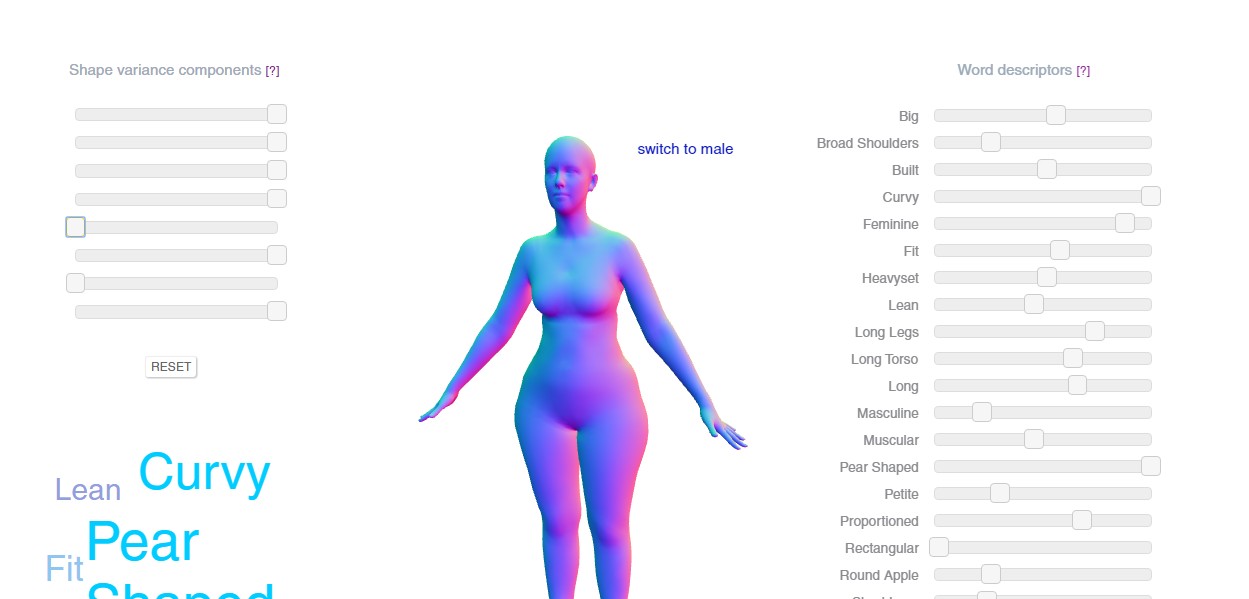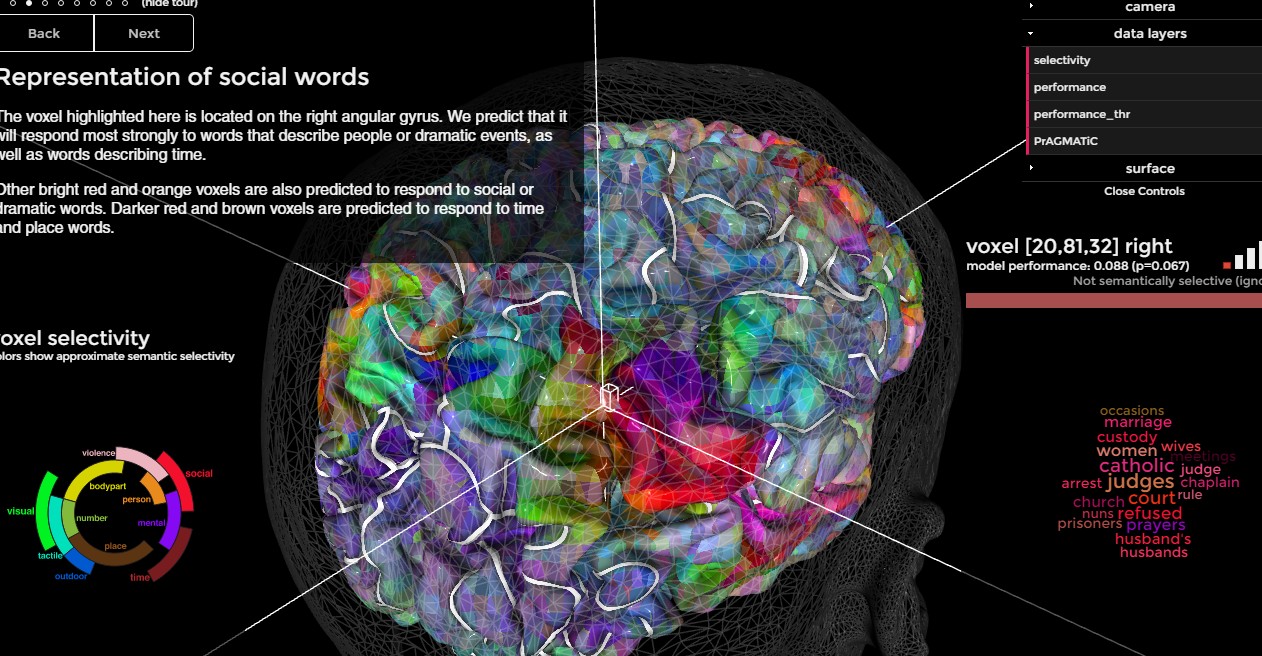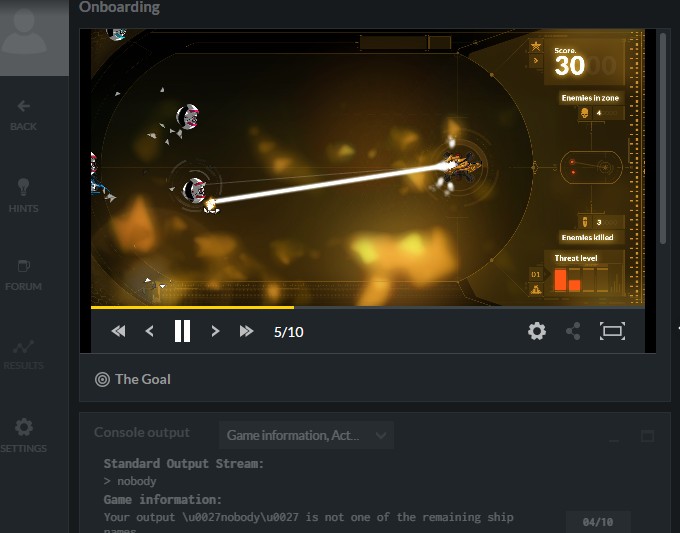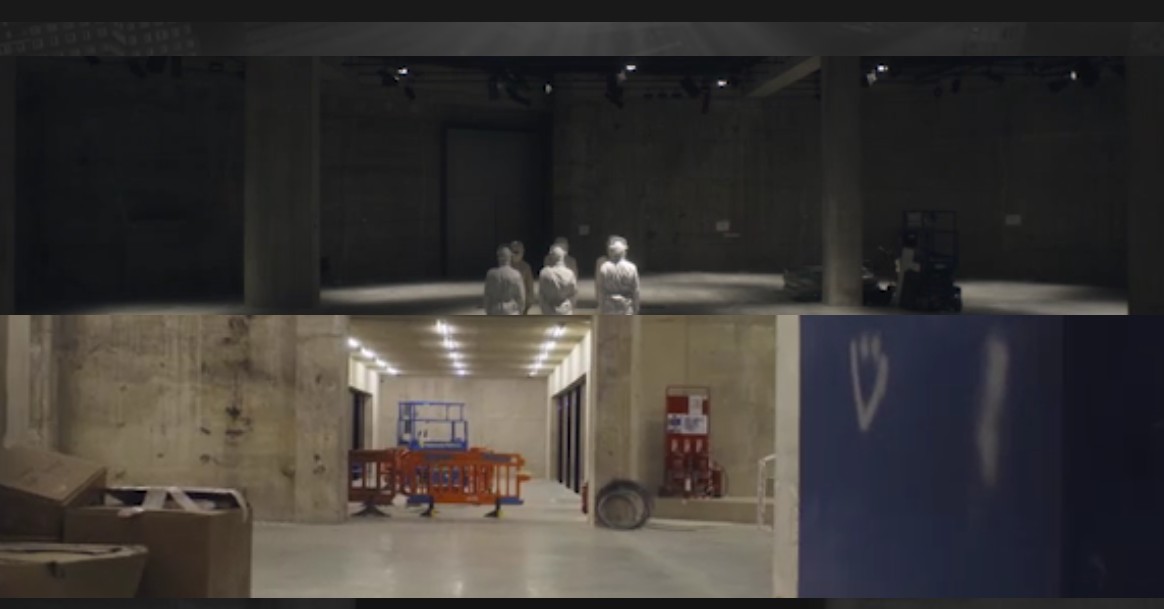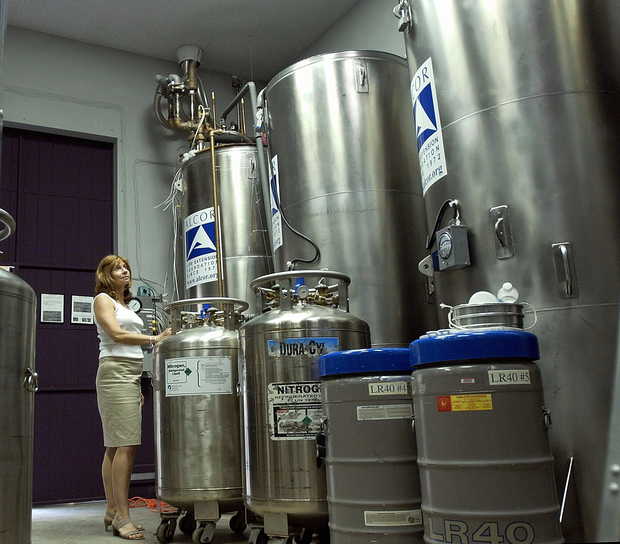Coordinated attacks struck Paris Friday night, leaving over 150 dead from gunshots and explosions. After a hostage situation began at the Bataclan Theatre, French police and military laid siege, killing at least three terrorists. Others died by bombs strapped to their bodies.
French President Francois Hollande ordered a national state of emergency, including the closure of the countries borders (not yet fully implemented at time of this report). Paris offices, schools, museums, libraries, sports halls, swimming pools and markets will be closed, but airports, flights and trains will continue service.
Before the attacks began, it was just another Friday night in the European city.
Shooting erupted in at least four locations. Within minutes, dozens were confirmed dead, and a group of terrorists took hostages at the Bataclan Theatre. Police and military raided this group, neutralizing them. Several terrorists were killed at this location after killing 100 others. Eye-witnesses reported one attacker shouted “Allah Akbar” before opening fire, while another spoke of French military action in Syria before escaping through a fire exit. The attackers were not disguised in ski masks, reportedly.
Paris was left in confusion and turmoil as the first curfew was enacted since the German occupation last century.
1,500 additional French soldiers were mobilized in the city.
The death count currently sits at over 150, making it the largest attack in France since WWII. France was already on heightened security after the attack on Charlie Hebdo in January which killed 12 and injured 11. Since that time, France has reported neutralizing at least five Islamist terrorist attacks, and it is widely reported that French citizens were expecting this attack.
Hollande traveled to the Bataclan within hours of the attacks, and an announcement was made that he would remain in France rather than attend the upcoming G20 meeting in Turkey.
“We wanted to be here, among all those who saw these atrocious things, to say that we will lead the fight and it will be merciless,” the French president told the nation from the location of the night’s deadliest scene.


